Writers Circle
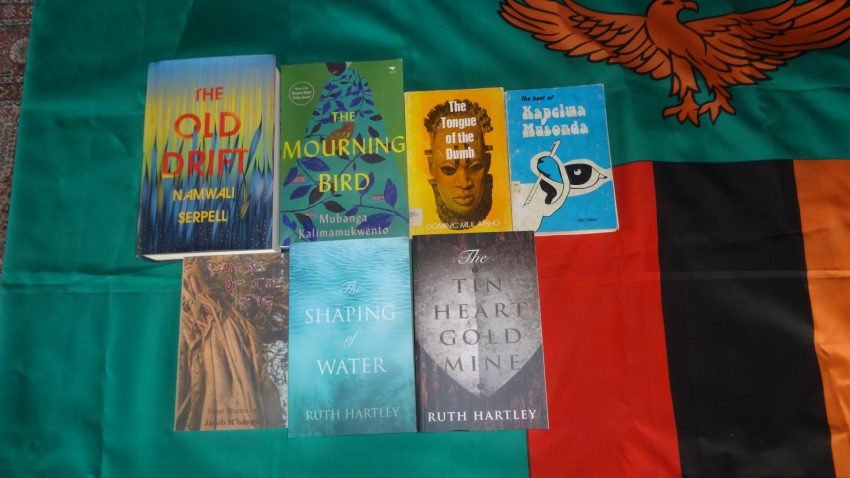
I want to thank Daniel Sikazwe very much or inviting me to take part with Mubanga Kalimamukwento, the author of The Mourning Bird. in this Writers Circle online forum. Mubanga and I have published our books in different ways and I’m here to tell you about the decisions I made and why I decided to self-publish.
First of all, I must say how essential storytelling, writing books, publishing books and selling books is for any society. So, too, is a free press, journalism and the visual arts. Nobody will get rich by doing any of these things, but they are the acts of love and truth-telling which keep society going. This is important!
I very much enjoyed the Writers Circle this evening and I was impressed by the depth and quality of the discussion and the interest and support for Zambian writers. I haven’t much experience of Zoom and still have a lot to learn about the best ways to contribute to it and to benefit from it. Many thanks to Daniel for inviting me. I’d be happy to continue some of the discussions here or in another online site.
A self-published writer
I’m a self-published writer because I couldn’t find a traditional publisher for my first book. This is the reason why. One of my many letters of rejection said my book was a fluent, poetic, well-written story and the publisher liked it. BUT there was one major problem.
My book was not easy to market.
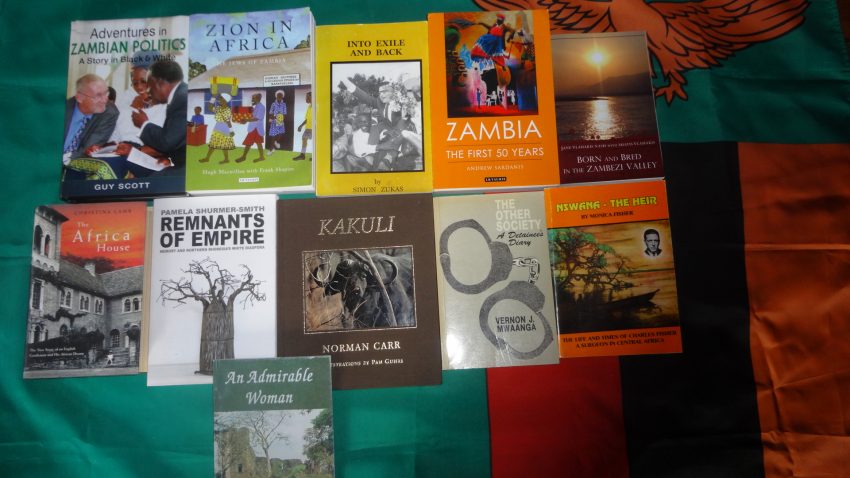
Marketing is the most important key to understanding the problem of publishing books. I tried to get published 25 years ago before digital publishing took off, but the traditional publishing world was already changing and its concerns were becoming more about commerce and less about sustaining writers. I’m an older woman like absolutely millions of other reasonably good writers in English, so the competition is tremendous. In any case book marketing concentrates on the myth of selling the unique and the exceptional. Just being a good writer is not enough to make the book pay; you also need a special hook.
The age of digital publishing has arrived
In this age it is digital publishing that is marketable rather than the writers who use it! There are millions of independent authors who self-publish and make money for the digital publishers. Self-publishing is now a larger proportion of the global book industry than traditional publishing. Doing it well costs the individual writer a great deal of money, but the catch is that even after a writer has self-published, they still face the same problem – marketing their books. Thousands of books both digitally and traditionally published disappear and die a year or so after publication because they aren’t marketed hard enough.
Publishing in the age of Covid-19
We don’t have to get up from our desks to do it. We don’t even have to go to the Post Office. That’s wonderful.
Marketing is the problem for all kinds of publishers, writers and their books. Marketing is very hard work; it allows no let-up in effort and it also has costs in time and money
Publishing in Zambia and Zimbabwe
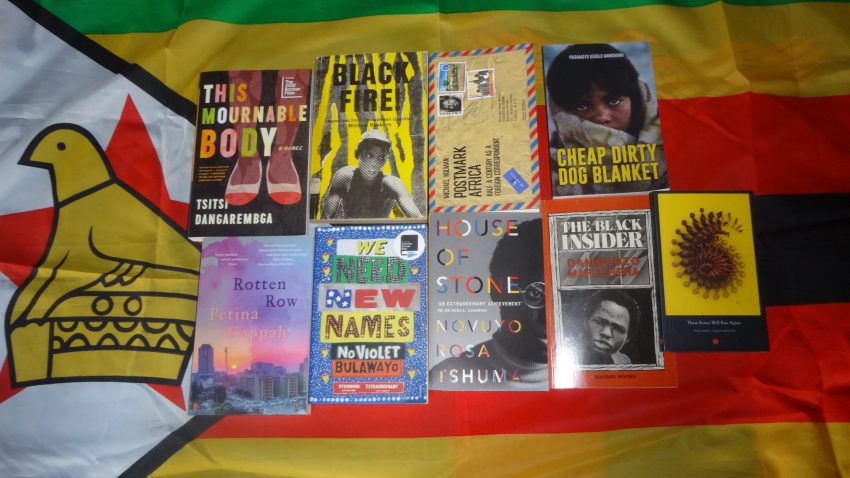
Before I tell you about my own self-publishing experiences, I will briefly mention publishing in Zambia and Zimbabwe. Fay Gadsden of Gadsden Publishers is really the person for you to ask but this is the gist of what she said to me and it is echoed by Irene Staunton of Weaver Press in Zimbabwe. (Irene and I both grew up in Wedza district in Zimbabwe.)
First of all, a country needs good political governance and a commitment to education and to buying – and paying – for textbooks for schools. This is the basis for any book industry in any country. (If parents have to buy textbooks, they resort to photocopying textbooks which is a crime against intellectual property which matters to writers and to PEN.) There was a lot of discussion around this issue tonight.
Next, you need bookshops that sell fiction and non-fiction and pay the publishers and the writers for the books they sell.
A progressive attitude, an understanding of literary culture and support from government is essential for the development of Zambian literature rather than the exertion of any kind of arbitrary censorship. Even if all of that is sorted publishers and writers are still left with the problems of promoting and marketing books. What this means is that publishers have to limit the selection of books they publish simply to meet the requirements of marketing and selling.
Modjaji Books in Cape Town publishes books by women but is not accepting submissions this year. They are just too busy. I did once submit a book to them but its owner, Colleen Higgs, told me that it is impossible to market books if the writer is not able to appear at all the publicity events. Writers find that even if they have a traditional publisher it will still be up to them to do most of the marketing for their own book and that means physically appearing at book launches and fairs to talk about their work. As Fay says – books need to be promoted.
I decided to self-publish for these reasons – I didn’t fit easily into any marketing category and given my age and the number of books I wanted to write digital publishing was going to be faster than traditional publishing where I would have to keep submitting and facing rejections before I found a publisher. My own self-publishing ventures were an enormous learning curve. Pick up any novel – turn to the acknowledgements page and imagine paying all those listed there with money and not with words. Traditional publishers pay these costs for writers but self-published writers pay them upfront before selling one book. Be very wary when selecting a self-publisher for your book – make sure they fulfil their promises to the letter and make sure that every stage is done well.
Self-publishing and its costs
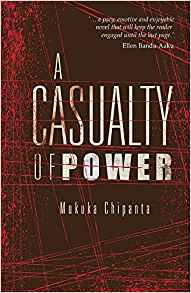
The first thing to input cost-wise is the investment in time spent writing the book – don’t expect a return for that – but let’s say you start at minus 10,000 dollars for a year’s unpaid work. To make sure the book is good you need an editor or at the least a beta-reader – that’s well over 600 dollars. Pick your publisher and then pay them for pre-press production, cover design, copy edit, proof-read, and finally, printing. You’ll probably go for POD (print-on-demand) with a few hard copies to use for marketing. By this stage you are well over 3000 dollars in costs and you still need an eBook, a website, and several marketing plans, none of which is free. If you get away with costs under 6,000 dollars you are doing well. You’ll probably pay to be a member the Alliance of Independent Authors and you’ll find yourself paying to get onto review sites.
One solution is to employ an agent to do your marketing at a huge salary. Another is to learn those new skills yourself. You’ll be so busy that you won’t have much time left to write. You discover that you have to sell yourself as well as your book. You have to decide what genre best describes your novel and you have to learn the 5-finger elevator pitch to sell it to your public.
I was advised that I would need to self-publish a large number of books before I even began to be noticed – at least 6 and as many as 10 – that’s a big investment in time and money.
The importance of a website
All writers need their own websites, but self-published writers most of all. Good ones cost money and MUST be maintained and use SEOs – search engines to find your readers and reviewers. My website was created by Get-It-Write who still look after it for me.
Self-publishing well is also writing well
In whatever way books are published – a writer’s most important relationship is with their editor. It is the hardest relationship and the most rewarding. Your editor criticises your book and your writing style in ways that would cause divorce in a marriage. It can be very painful and exposing but it is a working relationship and produces a book of quality. You can of course “Privish” your book if you want – that is publish it for yourself alone.
But writers, I think, write for readers so let us all do it well as possible.
Ways to go forward in Zambia – book fairs, writing workshops, writing competitions – it doesn’t matter if they are small and local – it’s a community that we all need. We need libraries too. Here is an excellent article by Roger Stringer about the Zimbabwe International Book Fair which will one day hopefully, happen again.
If you want to know about ISBN numbers and barcodes – here is a link https://barcodeszambia.com/book-barcodes/
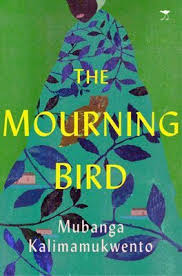
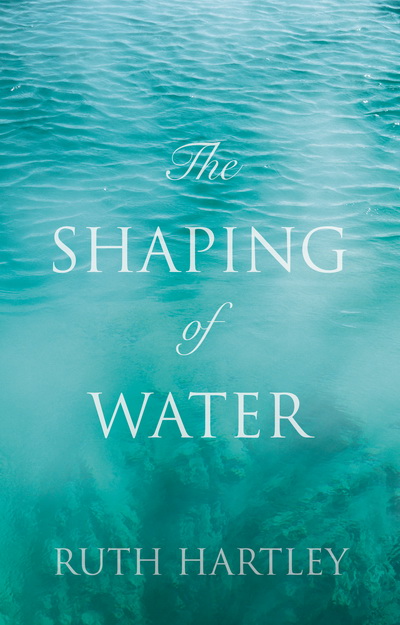

19 Comments on “How to be a published writer in Zambia – or anywhere in the world”
Well done for putting this up, Ruth. If you don’t mind, I would like to comment on two things:
“Self-publishing”.
You say: “Be very wary when selecting a self-publisher for your book”. And you say: “Pick your publisher and then pay them for pre-press production, cover design, copy edit, proof-read, and finally, printing”. If you, the writer, are self-publishing, you, yourself, are the publisher. So it would help if you could perhaps clarify how you see the distinction between “publisher” and “self-publisher”. Does it come down only to who pays for the creation of the product (i.e. takes the risk) and who receives what proportion of the income from sales? Or do you see more to it than that?
Related to that, how much “management responsibility” should the writers–self-publishers take over the process? How do they make sure that the people they are paying are doing what they are being paid for to their satisfaction? Does the writer need to ensure, for example, that the book has an ISBN and that no author rights will be lost. Is there a “checklist” for these things? Also, I don’t see the word “contract” in here – do you have any advice about contracts with those who provide these services to self-publishers?
“Marketing”
You seem to regard marketing primarily as “advertising and promotion”? I would suggest that it is much more than that and must start much earlier in the publishing process – in fact, as soon as one thinks, “I’m going to write and publish a book”. Even the choice of the title of the book, and particularly the design of the cover, are important parts of marketing. People often do judge a book by its cover. If you don’t have a unique or “catchy” title and an appropriate cover – which includes the back-cover blurb – it can make it much more difficult to promote and sell the book.
Hi Roger – Thanks for these useful and valuable comments – writers please take note of this good advice. Each paragraph requires another whole blog to deal with the issues raised here. In fact, this comment could easily make a book on self-publishing and marketing.
Today I came across this two-year old article where French author Marco Koskas, whose book Bande de Français won the Prix Renaudot, takes a positive view of self-publishing and of Amazon as a marketing platform for self-published authors… I found it useful to balance against the negative opinions that many people express about both: https://www.theguardian.com/books/2018/sep/15/french-bookshops-revolt-after-prize-selects-novel-self-published-on-amazon
Thank you Tia – yes – this is a very interesting article and worth reading. Though the French do have a real reverence for literature – I know that so many believe in publishing their own work and it seems to be embedded in French democracy as part of freedom and their human rights rather than a way of becoming rich and famous. Ruth
How and where do I buy an ISBN number for a book in Zambia? Where can I copyright? And do I need an ISBN barcode?
Hi Faith – my wonderful manager and man, John, found the information for you about ISBN numbers. See it in his comment on this post. I was going to suggest asking a publisher in Zambia for the info. Your publishers/printer will place the relevant barcode on your book and the copyright declaration and symbol. It is worthwhile emailing your book document to yourself as you work on it. It means that you can recover it if your computer fails and also it is proof that it is your own work done and dated. Also copy your work onto a stick or into the Cloud. Best wishes
Ruth
ISBN numbers for Zambia can be founf here:-
Agency: Zambia
Organization: The ISBN Secretariat
Address: Booksellers & Publishers Association of Zambia
P.O. Box 51109
Lusaka
Phone 1: (+260) 977 746477
Phone 2: (+260 1) 253 952
Email: banda.anson@gmail.com
Contact 1
Contact Name Anson Banda
Thank you John – John found me ISBN numbers in France! Faith Mwansa – here is your answer!
That’s you so much
Thank you so much for taking your time in generously making this information available.
Can you please assist me with further details on how I can go about with putting my self published book online as a Zambian author.
Self-supporting Church
Writing on women in Southern Africa, and
Self- Supporting Church & families
Hi Goliath,
Thaank you for your comment on this post. I think perhaps it would be better if you enlarged on it a bit more so that we can understand what you are saying about writing and churches?
I am written a book on physical encounter with Satan titled “The big controversy – the battle of whom your soul belongs vrs ancestral deeds and demands”. This book teaches an individual to identity his or her position or destiny on earth and the battles that come with it plus how to know and disconnect ourselves from strange ancient family activities that allows Satan to take ownership of our soul. Will publish soon in Zambia. I’ve gotten the ISBN contacts from the comments here. Please any advice on this project is welcome. I would like to self publish the book
Dear Mac-Louis,
Several of my blog posts deal with the issues of self-publication – please read them if you think they will help. I suggest that you also do searches online to find advice. Your book seems to deal with a very specific subject matter and I think you might be wise to find writers or publishers who deal with the same genres and similar subjects to help you. I don’t feel that I would be much use. Best wishes. Ruth
I want an ISBN for my book the throne vs thrones
Hi Capson,
I don’t know anything about ISBNs in Zambia I’m afraid. I know they work and cost differently in France and Britain.
You can search on the internet or you can ask a publisher in Zambia. You’ll find Zambian publishers on Facebook. Here is one
https://www.zambiayp.com/category/Book_publishers#:~:text=Best%20Book%20Publishers%20in%20Zambia%201%20DNK%20CONSULTANCY,Mwajionera%20Publishers%20…%207%20Wera%20Publication%20LTD%20
i have the same concern like every body on top, e.g. mwansa’s concern on ISBN number, and Barcode number. how would i go about this? i emailed Mr Banda Anson, last year infact i started 2023 till last i could not be given the solution to ISBN. how would you help me access these numbers? your help please.
Hi Joel,
Do an online search. ISBN numbers are not a mystery but you have to buy them.
Here is the website – I hope this helps,
Ruth
https://barcodeszambia.com/book-barcodes/